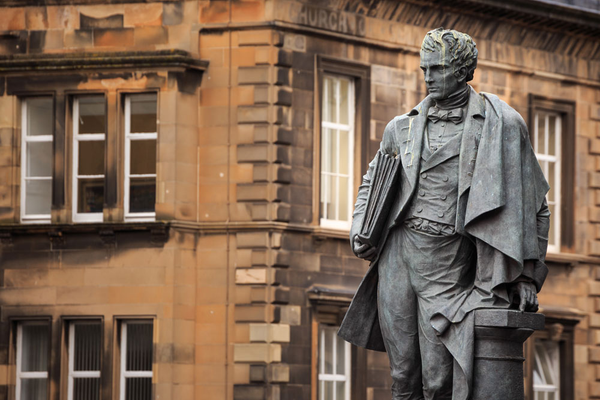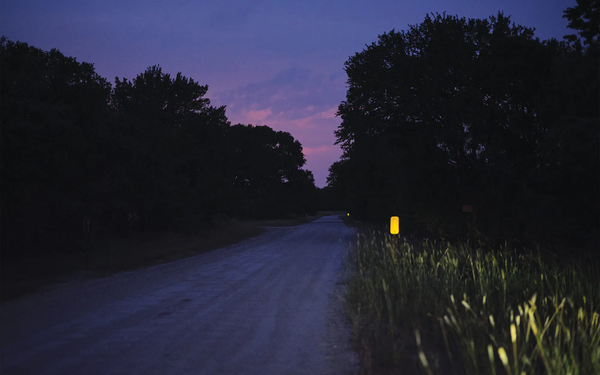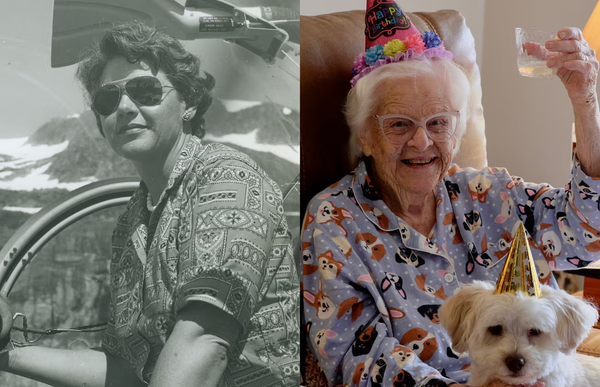How our first contact with whales might unfold
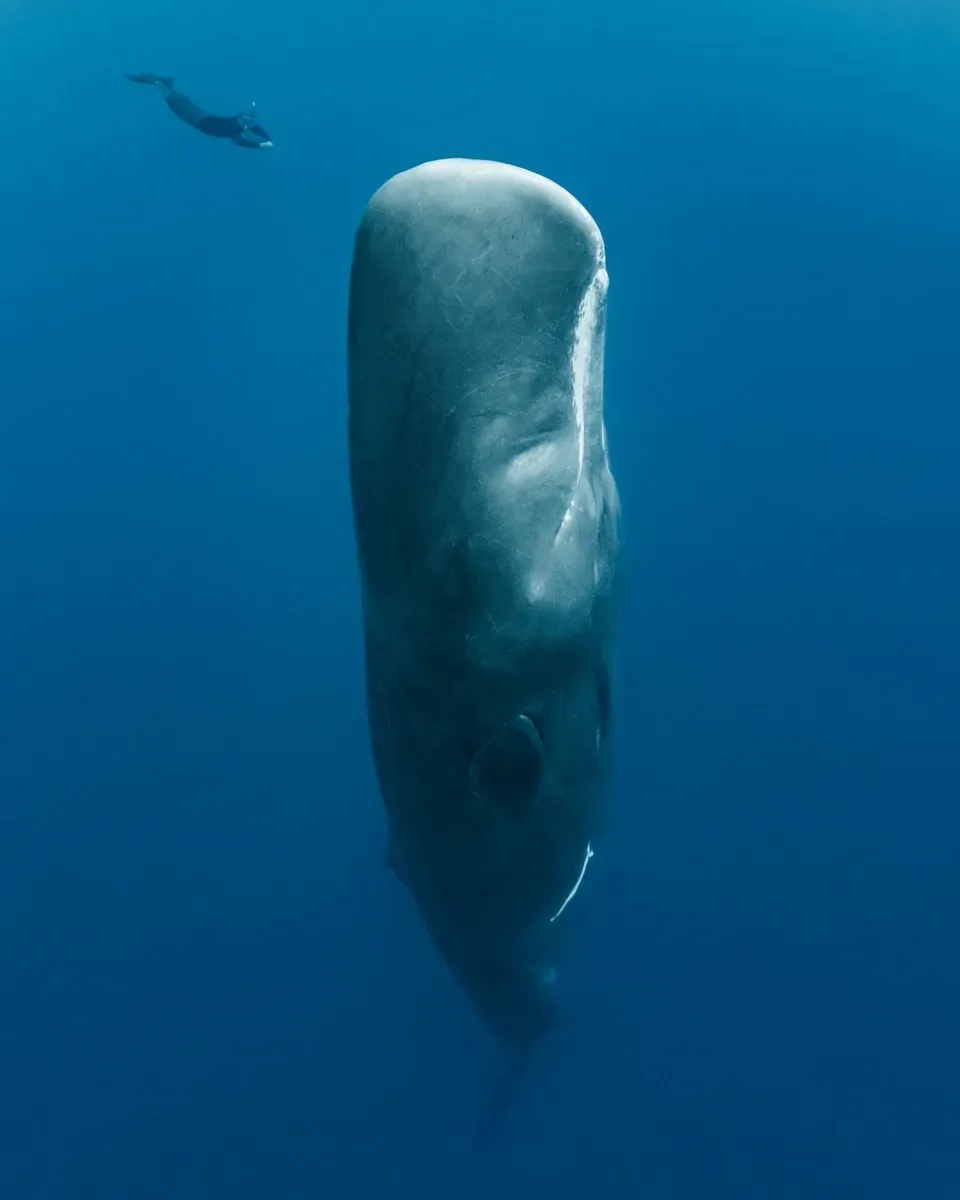
From The Atlantic: "One night last winter, over drinks in downtown Los Angeles, the biologist David Gruber told me that human beings might someday talk to sperm whales. In 2020, Gruber founded Project CETI with some of the world’s leading artificial-intelligence researchers, and they have so far raised $33 million for a high-tech effort to learn the whales’ language. Gruber said that they hope to record billions of the animals’ clicking sounds with floating hydrophones, and then to decipher the sounds’ meaning using neural networks. Sperm whales are the planet’s largest-brained animals, and their nested social structures are immense. About 10 whales swim together full-time as a unit. They will sometimes meet up with others in groups of hundreds. All of the whales in these larger groups belong to clans that can contain as many as 10,000 animals, or perhaps more."
I thought my father was killed by a teenage gang but the truth was very different

From The Guardian: "I was 12, only a year from being a teenager, and the holidays stretched out before us. Such an atmosphere called for celebration. For us, a real treat meant a takeaway – we usually couldn’t afford them. My dad, Mike, was going to drive to the town centre: there was a chip shop Emily was keen on and it was her special day. A little later, Jackie was in the living room watching TV when the phone rang. It was Mike. He said the queue at the chip shop in town was too long so he’d driven back to our council estate and was calling from the public phone box at the local shops. There was a loud knock at the front door. “There’s been an accident, Mrs King. Your husband has collapsed.” Then later, the newspaper reported that police had arrested a gang, first four, then a fifth young man, on suspicion of murder."
The Antarctic explorers who wrote cute, funny stories to hide the danger
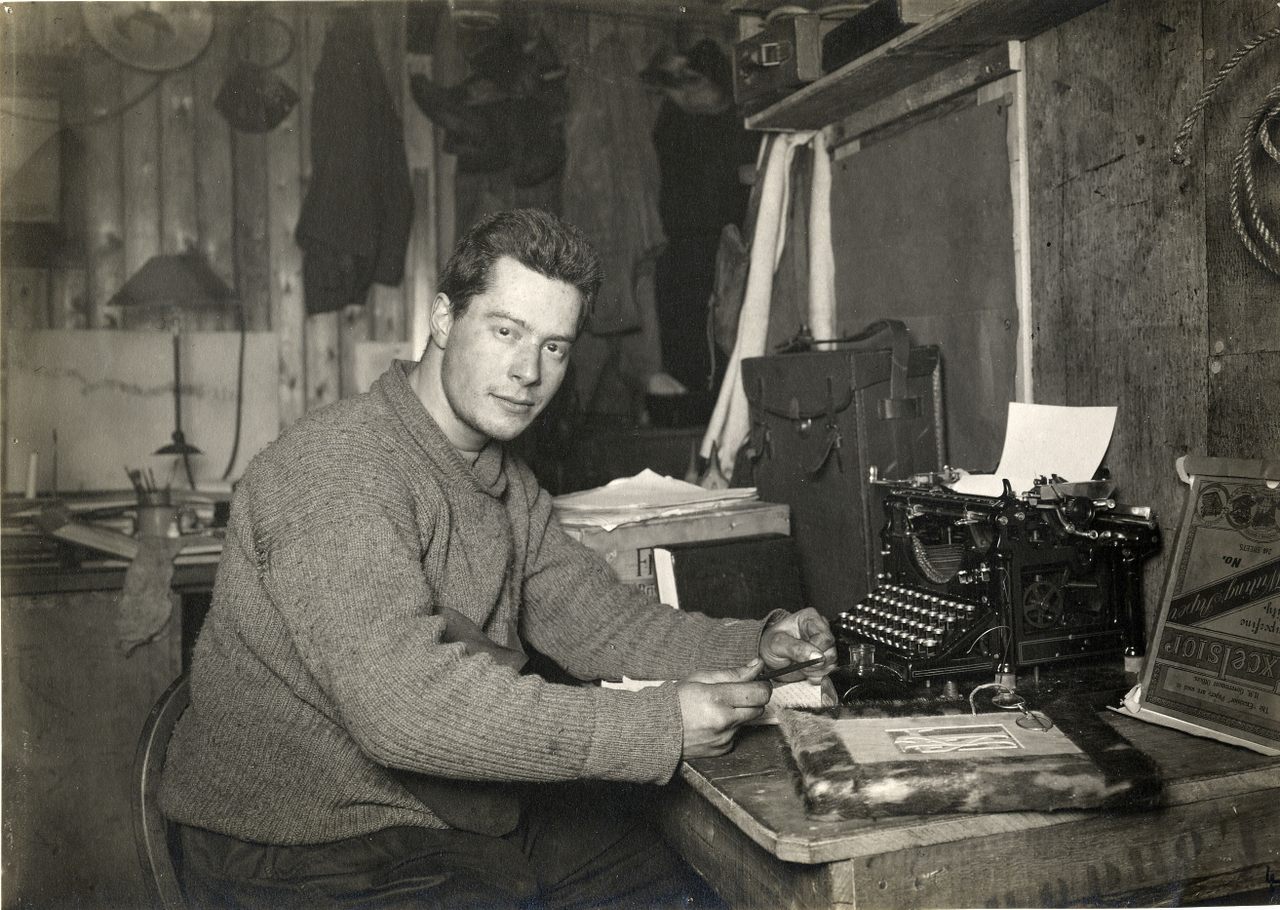
From Atlas Obscura: "Griffith Taylor, a geologist on Robert Falcon Scott’s Terra Nova expedition, had little to do. He scanned a years-old issue of a magazine from back home in England, his bored eye catching on a ladies’ fashion column detailing the new styles of the day. After a moment, he looked up to see his bunkmate, fellow geologist Frank Debenham, working on his rock samples. The proverbial lightbulb went off above his head. If his hirsute bunkmate were instead a stylish and editorial lady, what sort of column might she write about the latest Antarctic fashions? This article was no private project, hidden under a mattress: It appeared fully illustrated in the next issue of the expedition magazine, the South Polar Times and was read out loud by Captain Scott at the dinner table. This was just the beginning of a long Antarctic tradition of passing the winter by publishing fantastical stories, often via parody, poems, and strange nonfiction."
Editor's note: If you like this newsletter, please share it with someone else. And if you really like it, perhaps you could subscribe, or contribute something via my Patreon. Thanks for being a reader!
When the telephone was considered a feminine technology

From Atlas Obscura: "In the 1870s, before most people had ever talked on a telephone, the technology was already seen as feminine. In many romantic stories of that time, men struggled with phones while women used them with ease. For both men and women in the telephone era, a good voice came to be connected with the use of Standard English. In previous times, Americans enjoyed regional dialects in both real life and written work. But, given the low-fidelity sound of early phones, many listeners found it hard to understand regional speech patterns. Men, in particular, were apparently hard to understand. There was nothing particularly natural about this difference. Given the growing importance of the voice, in the late nineteenth century educational institutions from elementary schools to universities began offering voice instruction to female students. They learned to speak clearly and precisely."
Why the national animal of Scotland is the unicorn
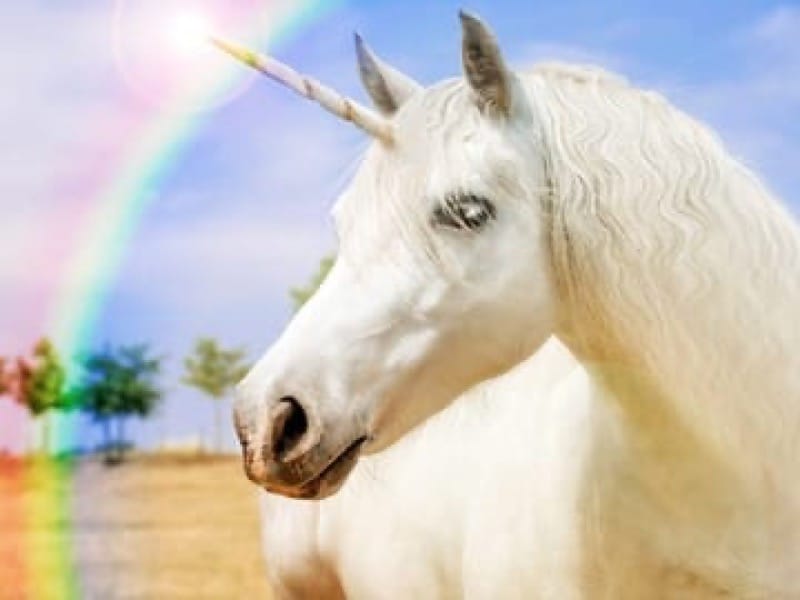
From Now I Know: "Robert III decided to drive that point home when he adopted his royal coat of arms. The English coat of arms at the time featured a lion, so it only made sense that the Scottish one would include whatever animal is the arch nemesis of a lion, right? Right. But what animal is that? Well, if you were born a few hundred years ago, chances are you’d say “unicorn.” Historians say the unicorn and the lion were considered enemies for millennia, even dating back to the ancient Babylonians more than 5,000 years ago. The unicorn had already made its way into Scotish lore — there are coins depicting the mythical animals dating back to the 1100s. As most of the world thought that unicorns were real, adopting the beast as a national symbol was logical. When Robert III placed the unicorn in his coat of arms, he made it the national animal of Scotland — an honor it still keeps today."
In a Quentin Tarantino movie they accidentally destroyed a $40,000 guitar

From Billboard: “Whoa whoa whoa!” Jennifer Jason Leigh blurts out in The Hateful Eight, responding to Kurt Russell snatching an acoustic guitar out of her hands and smashing it to bits against a post. This was her character talking, but that chagrin belonged at least as much to Leigh herself, since she knew — and Russell did not — that he was demolishing an antique Martin from the 1860s, adding a bit of real-life chagrin to her Oscar-nominated performance. “I thought we were going to trade out the guitars,” Leigh said. The actress says “you’re never going to cut a scene until Quentin says cut. And Kurt thought it must be a dummy guitar. I don’t think Quentin knew that it was the [vintage instrument], either. Kurt felt terrible; he had no idea. When he found out, his eyes literally welled up. It ended up being great for the scene, but very sad for the guitar, and for my guitar teacher, and for me.”
The island where race horses run free
Nihi Sumba is an island that functions as haven for retired racing horses to live out the rest of their days running free along the beaches. pic.twitter.com/Jess4ltrdh
— Nature is Amazing ☘️ (@AMAZlNGNATURE) March 25, 2024
Acknowledgements: I find a lot of these links myself, but I also get some from other newsletters that I rely on as "serendipity engines," such as The Morning News from Rosecrans Baldwin and Andrew Womack, Jodi Ettenberg's Curious About Everything, Dan Lewis's Now I Know, Robert Cottrell and Caroline Crampton's The Browser, Clive Thompson's Linkfest, Noah Brier and Colin Nagy's Why Is This Interesting, Maria Popova's The Marginalian, Sheehan Quirke AKA The Cultural Tutor, the Smithsonian magazine, and JSTOR Daily. If you come across something interesting that you think should be included here, please feel free to email me.

